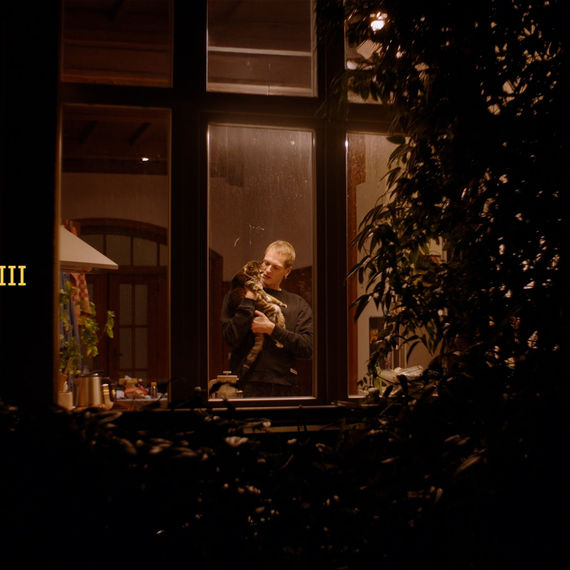A question of the heart
In Shakespeares Sonnet 8 wordt muziek een spiegel — harmonie toont wat ontbreekt. Een jongeman hoort schoonheid, maar voelt verdriet: elke toon herinnert hem aan wat hij mist — verbinding, nabijheid, de warmte van samen leven.
Een stem alleen is kwetsbaar.
Samen worden ze één geheel.
Diezelfde hunkering klinkt in Pocket Book VIII van Anna Clyne: stemmen die elkaar verliezen, zoeken, en opnieuw vinden. Een zachte pijn die langzaam oplost in harmonie.
In deze nieuwe Vocal Fabric-video vangt regisseur Simon Cools Fierlafijn dat broze moment tussen afstand en nabijheid, waar klank zelf menselijke aanwezigheid wordt.
📺 Bekijk de video op YouTube
🎧 Beluister de opname op jouw favoriete streamingdienst
Over Pocket Book VIII
“Pocket Book VIII is a setting of Shakespeare’s eighth sonnet, ‘Music to hear, why hear’st thou music sadly?’ This opening line is sung as a prelude to the remainder of the sonnet, which is whispered to capture the intimacy that characterizes Shakespeare’s sonnets. A slowly moving harmonic progression is sung whilst the text is recited, and the music ends with one single note – alone.
I was drawn to this sonnet as it is filled with musical references – musical harmony being an analogy to life with happiness stemming from family – without which, he warns, one will have a life of loneliness.”
— Anna Clyne
Immersief: ontdek in Dolby Atmos
Met de EP Songs in Surround bracht het Vlaams Radiokoor de wereldpremière-opnames van Anna Clyne’s Pocket Book VIII en Pocket Book LXV uit op Antarctica Records. Twee werken voor acht versterkte stemmen, geboren uit Shakespeare’s sonnetten – over harmonie, verbondenheid en het verlangen om samen te klinken.
De opname vond plaats in de bijzondere akoestiek van AMUZ en werd uitgebracht in immersief Dolby Atmos-geluid. Dankzij de cirkelopstelling van het koor en de ruimtelijke klankregistratie lijkt het alsof je midden in de muziek staat.
“Thank you so much for sharing this stunning recording. What a treat to hear this!”
— Anna Clyne
Sonnet 8 – William Shakespeare
Music to hear, why hear’st thou music sadly?
Sweets with sweets war not, joy delights in joy:
Why lov’st thou that which thou receiv’st not gladly,
Or else receiv’st with pleasure thine annoy?
If the true concord of well-tuned sounds,
By unions married, do offend thine ear,
They do but sweetly chide thee, who confounds
In singleness the parts that thou shouldst bear.
Mark how one string, sweet husband to another,
Strikes each in each by mutual ordering;
Resembling sire and child and happy mother,
Who, all in one, one pleasing note do sing:
Whose speechless song being many, seeming one,
Sings this to thee: Thou single wilt prove none.

